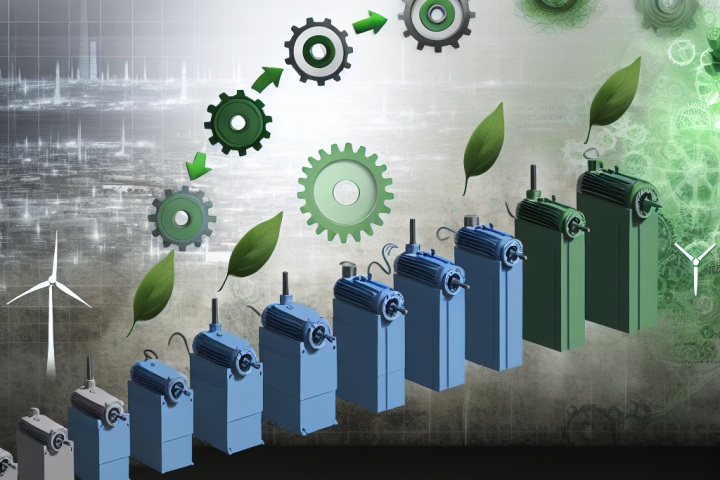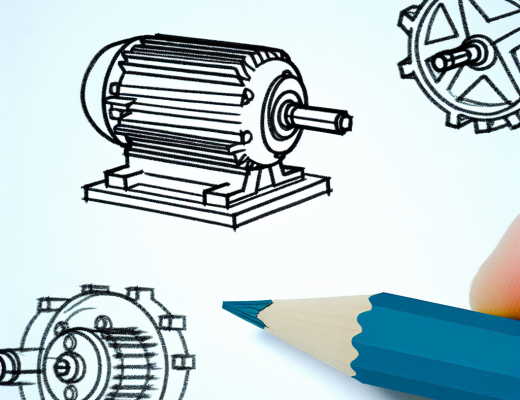Electric motors are a cornerstone of modern industrial and technological advancement, playing a pivotal role in a wide array of applications ranging from heavy machinery to household electronics. Because of their energy efficiency and minimal environmental impact, these motors are considered a superior alternative to combustion engines. These benefits are primarily due to their ability to convert electrical energy into mechanical power without the emissions associated with burning fossil fuels. To better understand their mechanism and benefits, watch the detailed explanation given in the following videoelectric motors.
Environmental Impact of Electric Motors
The environmental benefits of electric motors cannot be overstated. They play a crucial role in reducing global greenhouse gas emissions by providing an efficient means of converting electricity into mechanical motion. This efficiency not only reduces energy consumption but also helps industries cut down on operational costs. Additionally, the use of electric motors supports the integration of renewable energy sources, such as wind and solar power, into the energy grid, making the entire system more sustainable and less reliant on non-renewable resources.
Technological advancements continue to enhance the capabilities and applications of electric motors. Companies like VYBO Electric invest heavily in research and development to push the boundaries of what electric motors can achieve. These innovations lead to more robust, energy-efficient, and cost-effective solutions that cater to the needs of both industrial giants and everyday consumers. By increasing the adoption of electric motors, sectors across the economy can achieve higher standards of efficiency and sustainability, positively impacting our environment and quality of life. The development and increased use of VYBO Electric motors are testament to the promising future of this technology.




